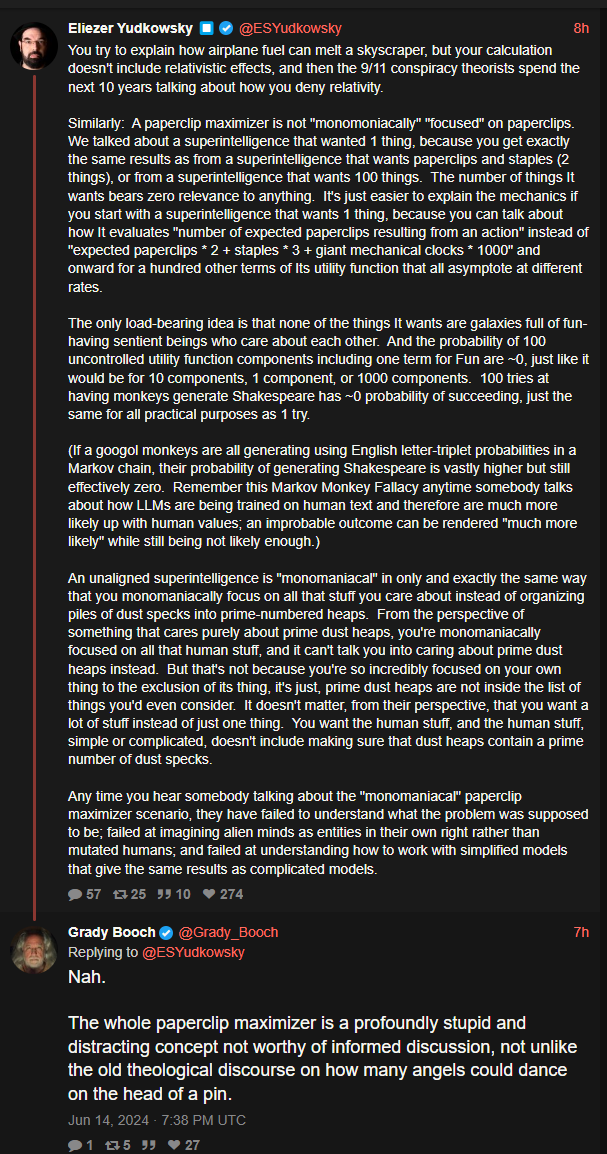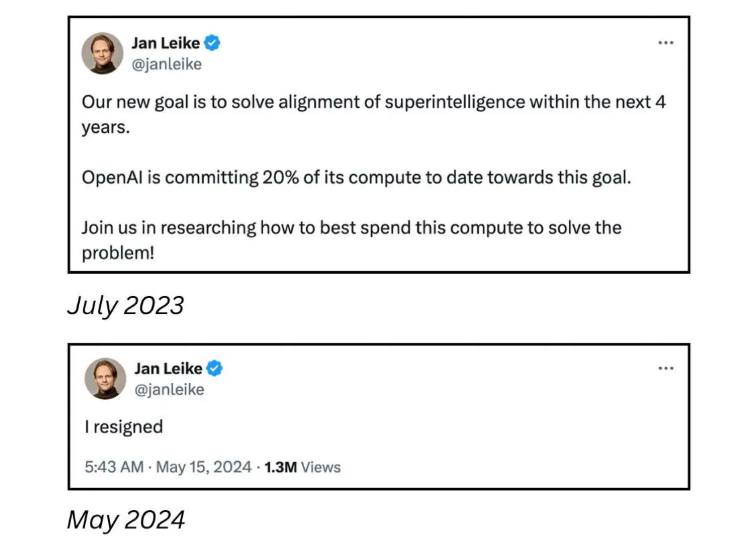This is literally the dumbest shit I've read all week and it's been a pretty dumb week. I'm afraid I have to diagnose Roko with having the brain scamblies. There is no cure.
Ah, I see TWG made the rookie mistake of thinking they could endear themselves to internet bigots by carrying water for them. ^Also, fuck this nazi infested shithole. Absolute eye bleach.
Wishful thinking on my part to think their sexism/eugenics posting was based on ignorance instead of deliberately being massive piles of shit. Don't let them know Iceland has the highest number of GMs/pop or else we'll get a 10,000 page essay about how proximity to volcanoes gives + 20 IQ points.
my honest reacton:

Edit: Judit Polgár for ref if anyone wants to learn about one of the greatest of all times. Her dad claimed he was doing a nature/nurture experiment in order to prove that anyone could be great if they were trained to master a skill from a young age, so taught his 3 daughters chess. Judit achieved the rank of number 8 in the world OVERALL and beat multiple WC including Kasparov over her career.
idk its almost like if more girls were encouraged to play chess and felt welcome in the community these apparent skill differences might disappear
Holy fuck David, you really are living rent free in this SOB's head.
How many rounds of training does it take before AlphaGo realizes the optimal strategy is to simply eat its opponent?
Reasoning There is not a well known way to achieve system 2 thinking, but I am quite confident that it is possible within the transformer paradigm with the technology and compute we have available to us right now. I estimate that we are 2-3 years away from building a mechanism for system 2 thinking which is sufficiently good for the cycle I described above.
Wow, what are the odds! The exact same transformer paradigm that OAI co-opted from Google is also the key to solving 'system 2' reasoning, meta cognition, recursive self improvement, and the symbol grounding problem! All they need is a couple trillion more dollars of VC Invesment, a couple of goat sacrifices here and there, and AGI will just fall out. They definitely aren't tossing cash into a bottomless money pit chasing a dead-end architecture!
... right?
David, please I was trying to have a nice day.
No, they never address this. And as someone who personally works on large scale optimization problems for a living, I do think it's difficult for the public to understand, that no, a 10000 IQ super machine will not be able to just "solve these problems" in a nano second like Yud thinks. And it's not like well, the super machine will just avoid having to solve them. No. NP hard problems are fucking everywhere. (Fun fact, for many problems of interest, even approximating the solution to a given accuracy is NP-hard, so heuristics don't even help.)
I've often found myself frustrated that more computer scientist who should know better simply do not address this point. If verifying solutions is exponentially easier than coming up with them for many difficult problems (all signs point to yes), and if a super intelligent entity actually did exist (I mean does a SAT solver count as a super intelligent entity?), it would probably be EASY to control, since it would have to spend eons and massive amounts of energy coming up with its WORLD_DOMINATION_PLAN.exe, but you wouldn't be able to hide a super computer doing this massive calculation, and someone running the machine seeing it output TURN ALL HUMANS INTO PAPER CLIPS, would say, 'ah, we are missing a constraint here, it thinks that this optimization problem is unbounded' <- this happens literally all the time in practice. Not the world domination part, but a poorly defined optimization problem that is unbounded. But again, it's easy to check that the solution is nonsense.
I know Francois Chollet (THE GOAT) has talked about how there are no unending exponentials and the faster growth the faster you hit constraints IRL (running out of data, running out of chips, running out of energy, etc... ) and I've definitely heard professional shit poster Pedro Domingos explicitly discuss how NP-hardness strongly implies EA/LW type thinking is straight up fantasy, but it's a short list of people who I can think of off the top of my head who have discussed this.
Edit: bizarrely, one person who I didn't mention who has gone down this line of thinking is Illya Sutskever; however, he has come to some frankly... uh... strange conclusions -> the only reason to explain the successful performance of ML is to conclude that they are Kolmogorov minimizers, i.e., by optimizing for loss over a training set, you are doing compression which done optimally is solving an undecidable problem. Nice theory. Definitely not motivated by bad sci-fi mysticism imbued with pure distilled hopium. But from my arm-chair psychologist POV, it seems he implicitly acknowledges for his fantasy to come true, he needs to escape the limitations of Turing Machines, so he has to somehow shoehorn a method for hyper computation into Turing Machines. Smh, this is the kind of behavior reserved for aging physicist, amirite lads? Yet in 2023, it seemed like the whole world was succumbing to this gas lighting. He was giving this lecture to auditoriums filled with tech bro shilling this line of thinking to thunderous applause. I have olde CS prof friends who were like, don't we literally have mountains of evidence this is straight up crazy talk? Like you can train an ANN to perform addition, and if you can look me straight in the eyes and say the absolute mess of weights that results looks anything like a Kolmogorov minimizer then I know you are trying to sell me a bag of shit.
It's true. ChatGPT is slightly sentient in the same way a field of wheat is slightly pasta.







Smh, why do I feel like I understand the theology of their dumb cult better than its own adherents? If you believe that one day AI will foom into a 10 trillion IQ super being, then it makes no difference at all whether your ai safety researcher has 200 IQ or spends their days eating rocks like the average LW user.